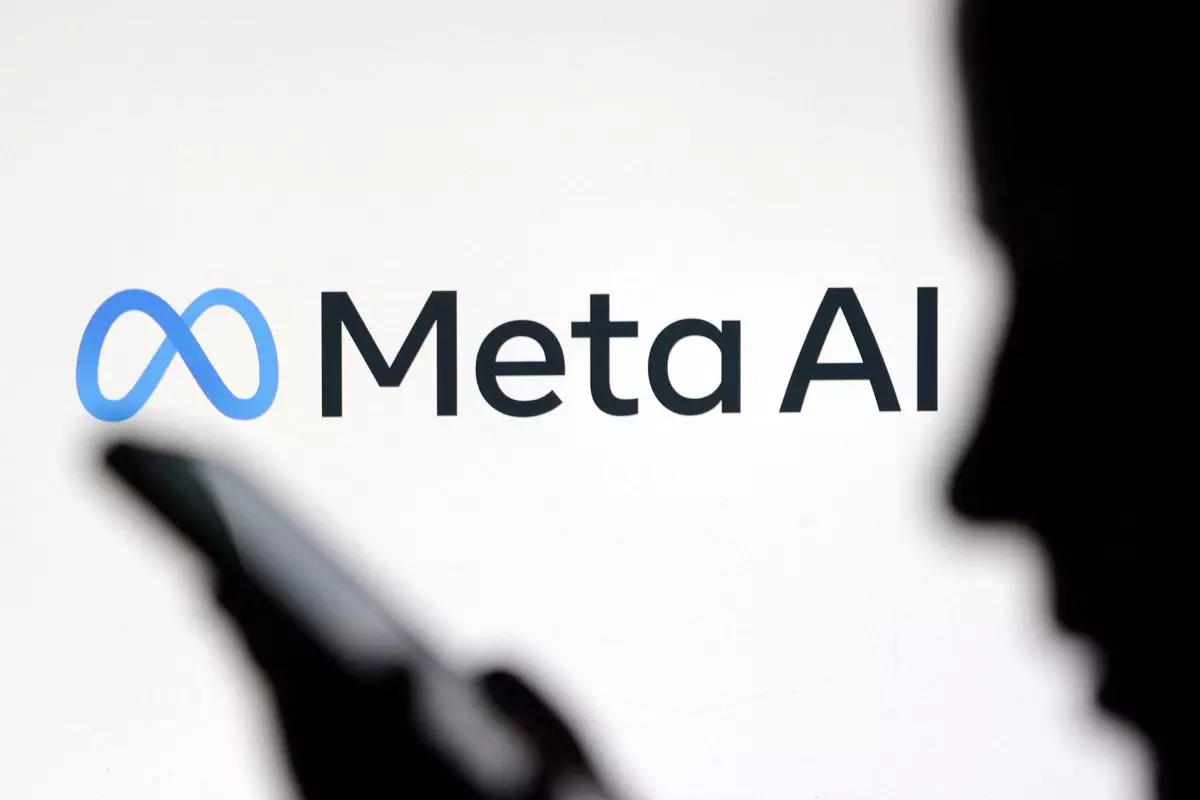Meta, the parent company of Facebook, has taken a significant step in the field of artificial intelligence with the announcement of new AI models from its research division. One of the highlights is the introduction of a “Self-Taught Evaluator,” which signals a major shift in how AI systems can learn and improve with less human oversight. This move reflects Meta’s ambition to streamline the AI development process through innovative methodologies, reducing the dependency on human evaluators, which can often be costly and time-intensive.
The self-taught evaluator is built upon the “chain of thought” technique, a proven strategy that decomposes complex problems into more manageable, logical steps. This method, previously utilized by OpenAI in their latest models, has shown promise in enhancing the accuracy of AI responses across challenging domains such as scientific inquiry, mathematical problems, and programming tasks. By training the evaluator using solely AI-generated data, Meta has taken a significant leap toward fostering a more autonomous AI system that learns independently of human data input at that initial training stage.
The implications of this technological advancement are profound. As outlined by the researchers involved in developing the Self-Taught Evaluator, the ability for AI systems to evaluate their own performance sheds light on a future where autonomous agents could learn from their own experiences and errors. This paradigm shift could lead to digital assistants capable of performing a plethora of tasks with minimal human intervention—transforming how we view AI and its role in our daily lives.
Existing processes in AI training, particularly the Reinforcement Learning from Human Feedback (RLHF), are often criticized for being resource-intensive and reliant on human expertise. Meta’s approach could significantly diminish these demands by facilitating the development of self-improving AI models. Innovations like these could pave the way toward a new era of AI capabilities, where systems can not only execute complex tasks but also continuously refine their abilities, striving for levels of performance that surpass human standards.
While Meta is at the forefront of this self-improvement strategy, it is essential to recognize that other tech giants such as Google and Anthropic are also exploring similar concepts, specifically Reinforcement Learning from AI Feedback (RLAIF). However, a key distinction remains: Meta is more open about sharing its models with the public, which could foster broader innovation and collaboration within the AI community as others build upon Meta’s advancements.
In addition to the evaluator model, Meta has launched several other AI tools designed to enhance user experience and operational efficiency. These tools include an enhanced image-identification model and tools that expedite large language model (LLM) response times, underscoring Meta’s commitment to pushing boundaries in AI technology.
Meta’s recent developments represent a potential turning point in AI technology. By embracing self-evaluation and minimizing human involvement, the company is not just streamlining its processes but also setting the stage for future AI systems that are more intelligent and efficient. This bold vision of self-improving AI could redefine the landscape of technology, making intelligent systems an ever-increasing presence in personal and professional realms. As the industry progresses, the balance between human and machine will undoubtedly evolve, ushering in an era where AI’s capability reflects a synergy of innovation and autonomy.

